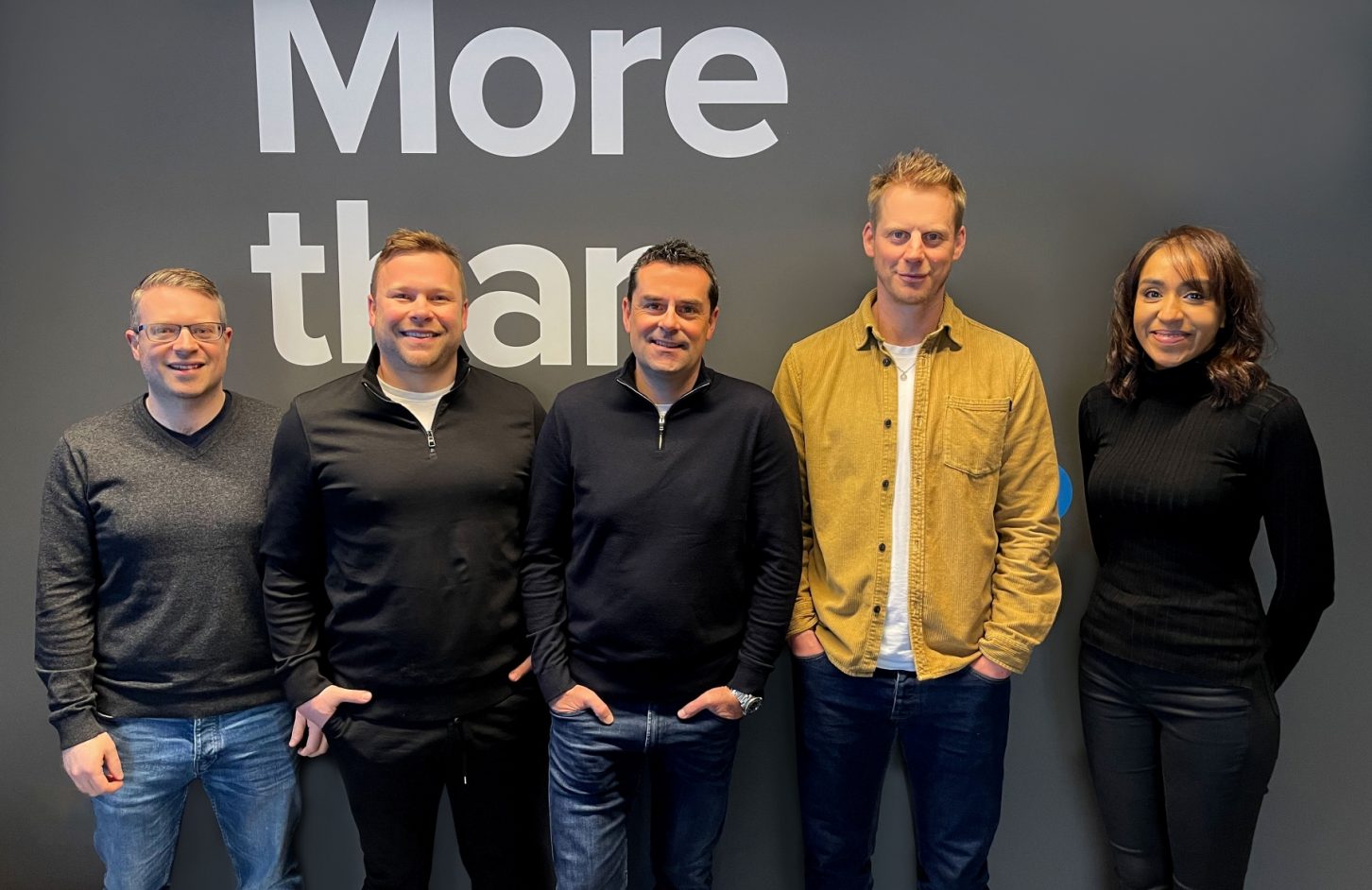Orka, a Manchester-based software platform for shift workers to find work, onboard and get paid, has closed £3m in a Series A funding round.
Orka will use the funding, which came solely from fellow Manchester-based VC firm Praetura Ventures, to speed up product development.
That includes expanding its API integration programme and using data science and machine learning to automate tasks done by workers.
The startup also intends to grow in new markets, including the mechanical and electrical sectors.
Orka’s gig economy platform has been used by 60,000 workers during the last four years to find temporary jobs with big companies. It lets users access 50% of their wage as soon as it’s earned and will be launching a work passport to remove the requirement for background checks every time.
On average Orka aids 6,000 people to find work in over 2,000 sites with companies such as G4S, ISS and Wilson James.
Tom Pickersgill, co-founder and CEO of Orka, said that the “employment landscape has changed dramatically” and that shift workers are “becoming even more flexible and keener to adopt technology that can support their needs”.
Pickersgill added: “They are now looking for work that fits around their life without having to navigate the often-complex job hunting process.”
Founded in 2016 Orka’s investment follows on from an injection of £29m in February last year, with its total funding to date totalling $43m (£32.6m).
Praetura Ventures previous investments, which are largely in startups based in the North West, include Peak, Culture Shift and BankiFi. Praetura Ventures has invested around £50m in 26 companies since 2019.
“Our mission has long been to support brilliant Northern businesses with exceptional founders. Orka ticks both boxes and we’re looking forward to working closely with the team as they continue to address many of the pain points that exist within the shift work and labour space, including a lack of transparency when putting candidates forward for roles,” said David Foreman, managing director of Praetura Ventures.
Competitors include London-based SteadyPay which raised £4m this month and Dutch gig economy platform YoungOnes which launched in London earlier this month.

